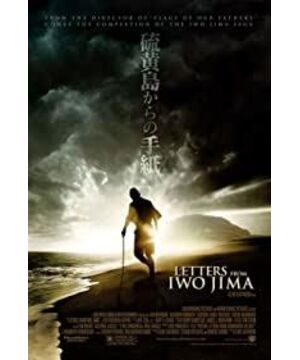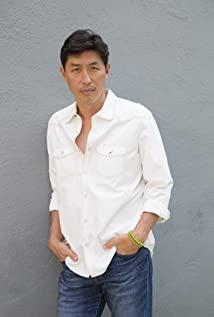This is a war movie from the perspective of the Japanese army.
From the very beginning, the Japanese army was not so much a line of defense on Iwo Jima to stop the American army from attacking the Japanese mainland on Iwo Jima. Rather, it was a group of soldiers trapped on Iwo Jima. They had nowhere to go until they died.
Unlike other war movies, this one joins the brutality of humanity. The whole movie is shrouded in death, only when a letter from the family (including Saigo, Ririn, and a young American Sam who has to be mentioned) misses and cares about his family, that bright moment in human nature suddenly rises. However, at this time, the cruelty of the war was even more prominent.
This film takes an ordinary soldier (Xixiang) as the line and runs through the entire film. Saigo, an ordinary Japanese citizen who lives with Hanako, had to join the army and go to Iwo Jima after being recruited. From complaining at the beginning, to thinking about escaping and surrendering, and finally being arrested, in the whole process, the psychological activities of ordinary Japanese people under the war were shown one by one from one side.
Kuribayashi: He has the militaristic side of the Japanese army at that time, and also has its human side, and he is considerate of his subordinates. In one of them, he recalled that at a banquet in the United States, an American officer’s wife asked what would happen to him if the United States and Japan were enemies. Ririn replied that he was obliged to be loyal to the country, and then the American officer asked you what to implement. His own beliefs are still the country's, Ririn returns, is there any difference? We can see that Americans still have to distinguish between the country and the individual in the war.
View more about Letters from Iwo Jima reviews











